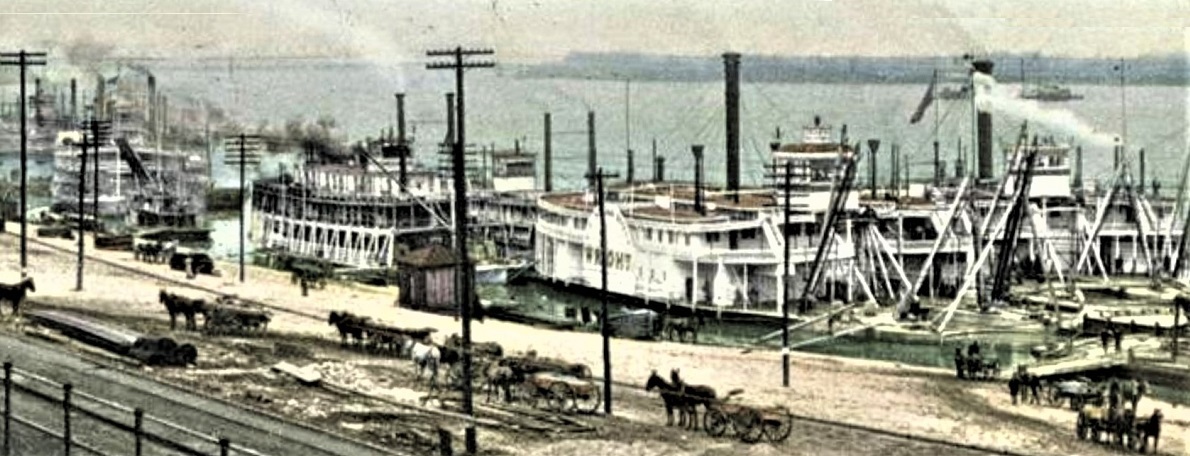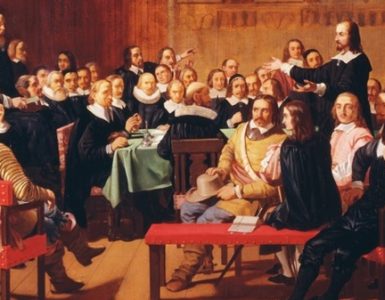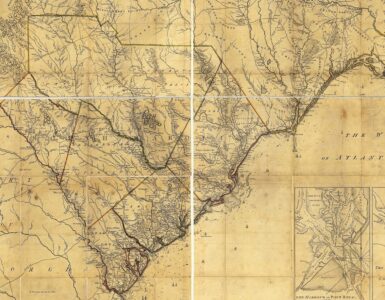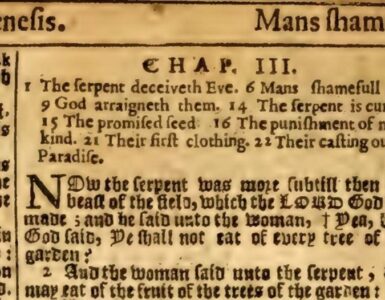Donald John was born April 26, 1810 the third son of Frances and Isaac Auld, M.D., of Edisto Island, South Carolina. The family’s financial means provided Donald with the best educational opportunities. He was prepared locally for college studies by a teacher named Christopher Cotes who saw in Donald a capable scholar with gifts for the Latin and Greek languages, and mathematics. At the age of eighteen he joined the senior class of the College of Charleston and graduated in 1829.
Even though his gift for mathematics could have taken him in another vocational direction, Donald followed his father’s professional path. He experienced hands-on medicine with a Charleston physician while pursuing class work for the Doctor of Medicine in the Medical College of South Carolina graduating in 1832. His dissertation subject was common miasma. At the time, and as it had been for centuries, it was thought that diseases were transmitted by a poisonous atmosphere called miasma arising from swamps and stagnant water. In Italian, the words mala aria are translated “bad air” and the disease malaria was first thought to be caused by miasma. Physicians of the era were close to the truth because stagnant water was the breeding source for mosquitoes which in later years would be discovered as the transmitters of the disease. With his formal studies completed and continuing interest in miasma and disease, Dr. Auld sought an opportunity to practice.
Beginning in July 1832 cholera made a deadly visitation to Philadelphia. It was an opportunity for Dr. Auld to help the many individuals infected by the epidemic and broaden his understanding of disease. He was appointed the attending physician in Arch Street Prison where cholera infection caused many inmates to die. By the time the epidemic had run its course in October nearly 1,000 had died with a great portion of the deceased having lived in almshouses and prisons. Charles Hodge’s brother, Hugh, was a physician who worked gallantly during the epidemic and was awarded by the civic leaders of Philadelphia a silver pitcher as were twelve colleagues for their likewise dedicated work. Auld’s next move was to the south and west as he left urban Philadelphia for the frontier town of Memphis, Tennessee.
Whether it was the heat, the humidity, or both in Memphis, Auld developed severe rheumatism. The disease afflicted him for the remainder of his life and he never again knew what it meant to be free from pain. During 1835, Dr. Auld became a Christian and was soon convinced of a call to the ministry. He returned to South Carolina to attend Columbia Theological Seminary completing his studies in 1837. He was then licensed by the Presbytery of Charleston to preach the gospel. After two years testing his gifts, he accepted a call to the Wappetaw Congregational Church and was ordained in 1839 by the same presbytery. Charleston Union Presbytery had recently been renamed Presbytery of Charleston because of the Old School’s revocation in 1837 of its Plan of Union with the Congregationalists. The Plan had united Presbyterians and Congregationalists for some ministries while maintaining their denominational identies. Ministry in a Congregational Church was not unusual in the region, but his transition from Wappetaw in 1840 to the Harmony and Brewington Presbyterian Churches indicates his support for the Old School and its new sans-union Presbytery of Charleston name. He continued for eight years with the two congregations until his health deteriorated to such a degree that he nearly died. It was time for a break. He resigned and sought relief in White Sulphur Springs in what is currently West Virginia (he may have been directed there by William S. Plumer). However, the relief he hoped for did not occur and he returned to Charleston where he continued grasping for relief from his pain with elixirs, home remedies, and new treatments. His condition was so bad that he required crutches to get around.
In 1848, Pastor Auld accepted a call to Purity Church in Chester District where he served four years. The Old School General Assembly had recently instructed its churches regarding the importance of the office of deacon and advised each to install deacons. Purity’s first deacons were ordained during Auld’s ministry. He would not remain in South Carolina but instead moved to Florida. He may have thought the more extended warm season might provide some physical relief. During the mid to late nineteenth century people often moved to Florida for the warmer climate for relief from a variety of diseases. His new ministry was to the Presbyterian Church in Madison for about five years before changing calls to First Presbyterian in Tallahassee. His tenure was brief because he died October 29, 1857. He was survived by a wife and seven children whose names were not located in the sources.
Charles C. Jones has provided his impressions of Auld when the two renewed their acquaintance during a trip that May to the General Assembly in Lexington, Kentucky. At the time, Jones was stated supply to the church in Pleasant Grove, Georgia, and he likely became first acquainted with Auld during his studies at Columbia Seminary. Jones taught in the seminary from 1836 to 1850. At the time the Presbytery of Florida, which Auld was representing as a commissioner to the Assembly, was a member of the Synod of Georgia as was the Presbytery of Georgia represented by Jones.
It was my happiness to meet brother Auld on my way to the General Assembly last spring; and we traveled several hundred miles together, by land and water, and we were daily and close companions. I had not seen him before for years.[…]He was candid, generous, and gentlemanly in his conversation with men, highly intelligent, and a very social man, with a sprightliness and vivacity in conversation that made his society not only agreeable, but attractive. His heart, also, was always alive to the interest of Christ’s kingdom, and always willing and ready to labor for it. His life in Florida gave ample witness of his devotion to his ministry. He had become deeply interested in that State, and we conversed a great deal about its spiritual destitutions, and by what means they could be best supplied. He was a public-spirited man and is a great loss to the State. His numerous friends will sincerely mourn with us his early death, and will not fail to bear in remembrance, at a throne of grace, his afflicted wife and children.
A fond remembrance of a friend and presbyter by one who would pass away in 1863.
If you would like to read about another physician who became a minister, see the biography of South Carolina born, Thomas S. Williamson, 1800–1879. Williamson became a missionary to the Dakotas in Minnesota and the Dakota Territory.
Please visit the Presbyterians of the Past homepage and see the topical selections included in the recently updated “Notes & News” collection. Older entries no longer available on the homepage can be accessed in the “Notes & News Archive.”
Barry Waugh
Notes—The header image shows river boats on the Mississippi in Memphis circa 1890. Unfortunately, once again, I have no portrait for Auld. Photographic portraits become more common after the Civil War when the success with photography accomplished by people like Matthew Brady increased interest in their use. Auld’s dissertation is in the archives of the Medical University of South Carolina. The biographical information is from Memorial Volume of the Semi-Centennial of the Theological Seminary at Columbia, South Carolina, 1884, and the longer entry in “The Dead of the Synod of Georgia.” Necrology: or Memorials of Deceased Ministers who have Died During the First Twenty Years After its Organization, by John S. Wilson and published in Atlanta by Franklin Printing House, 1869; the Jones quote is from this book. Information about the Philadelphia cholera epidemic of 1832 is from, Philadelphia: A 300-Year History, New York: W. W. Norton, 1982. Auld’s term at Purity Presbyterian Church is briefly noted in E. H. Dawson, Purity and Its People: A History of Purity Presbyterian Church Chester, South Carolina, 1787-1987, published by the church.





